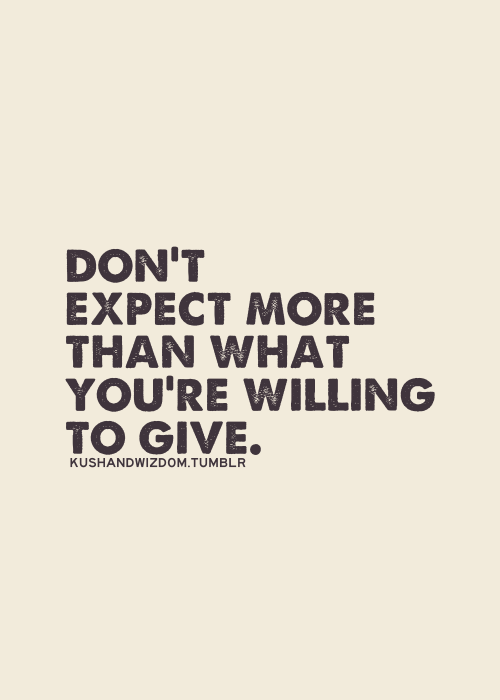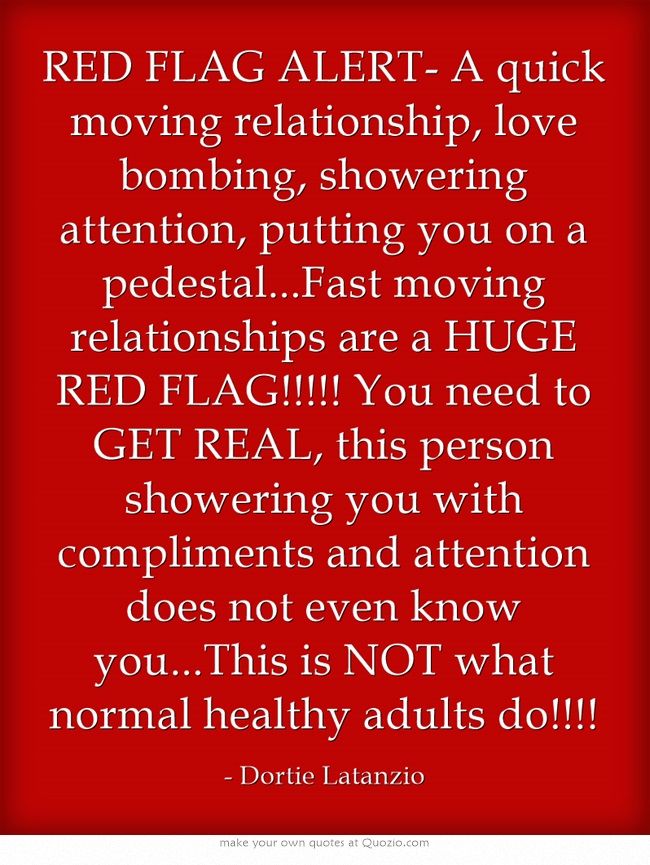I remember what first drew me to quite a few of my failed friendships in the past quite well. Typically the person was an open book. I really enjoyed the way they opened up to me so quickly and paved the way for fast emotional intimacy and vulnerability through sharing. There have been various reasons in my own life that made me susceptible to these types of people. Sometimes I was just lonely and craving that connection with someone. Other times I had very little personal struggle going on, and therefore nothing much of myself to share. Maybe even sometimes I felt validated as though the person could already sense that I was a trustworthy individual and good friend material. And a host of other different reasons.
It is not lost on me that along my own journey I have been somewhat of a rescuer, drawn to people who needed saving in one way or another. (Note, this is different from requiring some emotional support, as we all do from time to time.) Often the types of people I was drawn to then, would give me a green light to go ahead and start rescuing them, rewarding me with praise and putting me on a pedestal. This would satisfy both of our needs for a time, and did indeed feel wonderful.
Sadly, the thing about pedestals is that I don’t belong on one, and will soon fall down. The favours I once willingly offered, became draining and I felt resentful. Similarly my friend often felt less than, incapable and no happier or wiser than before I came along. The same intensity that brought us together would quickly burn us out.
My intentions were good, and my friends were also good people, it’s just that each of us failed to have boundaries or recognise the red flags, caught up in the whirlwind of intensity. Love grows, and blossoms, slowly over time. This is just as true in friendships as in romantic relationships. How could my friend know, without getting to know me that I was worthy of such trust? It was like a test, right at the beginning that I was desperate not to fail, triggering me into friendship rescue! Similarly how could I know that my friend was worthy of such time and effort right off the bat, or if she even needed rescuing? How could I know if she were capable of solving her own problems if I swept in to solve them for her….. how could she know?
So, how do you know if you have fallen into this pattern, from either end of the equation? Well, if you are a rescuer, you will probably identify with what I have already written, and recognise that you always seem to end up with extremely needy and exhausting friends…. Because you rushed right in. If however you are the damsel in distress, you may not even realise. A good sign is that you feel you are always friendly and open with people, yet they always seem to keep their distance from you.
If you have a tendency to be too open with people too soon, healthy people will recognise this as a boundary violation. This may confuse you, as friendships are often based on vulnerability, right? The thing is, vulnerability is shared. In the situation you are creating, you are oversharing, and they are overwhelmed and scared away. They probably don’t know what to say or do or what you expect from them, and don’t feel you have earned the type of sharing you are engaging in. Added to that, you have probably not allowed any sharing on their behalf either?!
Telling someone the first time you meet them that your partner died of lung cancer and you are about to lose your house and have nobody to turn to, for example, is too much, even if it is very true. If you need someone to talk to that badly, I suggest a trained mental health professional who may actually be in a position to link you up with useful resources, and help you deal with your grief and stress.
If you continue to give your life story to everyone you meet in the hopes of making friends, you continue to run the risk of making unhealthy connections with unhealthy people. You don’t want friends who pity you, and although support is part and parcel of friendship, it is a 2 way street. Consider what you have to offer as well as what you have to gain from potential friends.
Most of us love talking about ourselves. Make sure you keep the conversations light at first, and share small bits of yourself slowly. Allow the other person the chance to do the same. As I am learning, you want to show interest without making someone feel interrogated, but you also want to share just enough of yourself that they are left wanting to know more.
If you are in a place where you do require help, don’t burden people early on with heavy requests. Allow them to help you in whatever small ways they can and are willing and be grateful, rather than feeling resentful that they didn’t jump to your rescue. In my experience, this does no good anyway. You need to learn to help yourself or you will always feel too heavy and burdensome to others. They will be wary of you needing too much.
This can be particularly tricky for those of you who speak the love language “services.” The way you identify friendship may need to change. I know you feel loved and cared for when people provide services to help you, but it is not the sole definition of friendship. Many others are wary of this as you may ask for too much, or they may not feel like they would ask you for, nor expect such favours.
If you can identify with either sides of this, be mindful of giving people space. Do not put people on pedestals, we all have strengths and weaknesses, and question how much you value this person compared with how well you really know them. People will always show you who they are, in time. Allow such time before you make any judgments or get too attached.
Remember it was the tortoise, not the hare, who won the race in the end.
❤ Love,
Your BestFriend ForNever
xx




